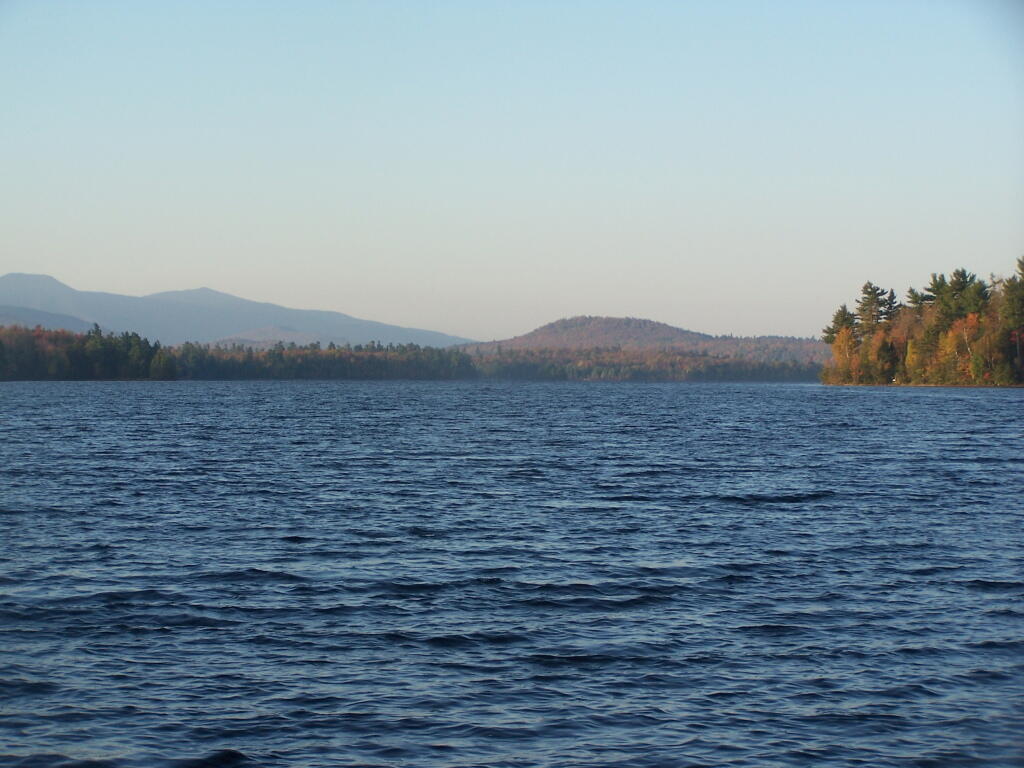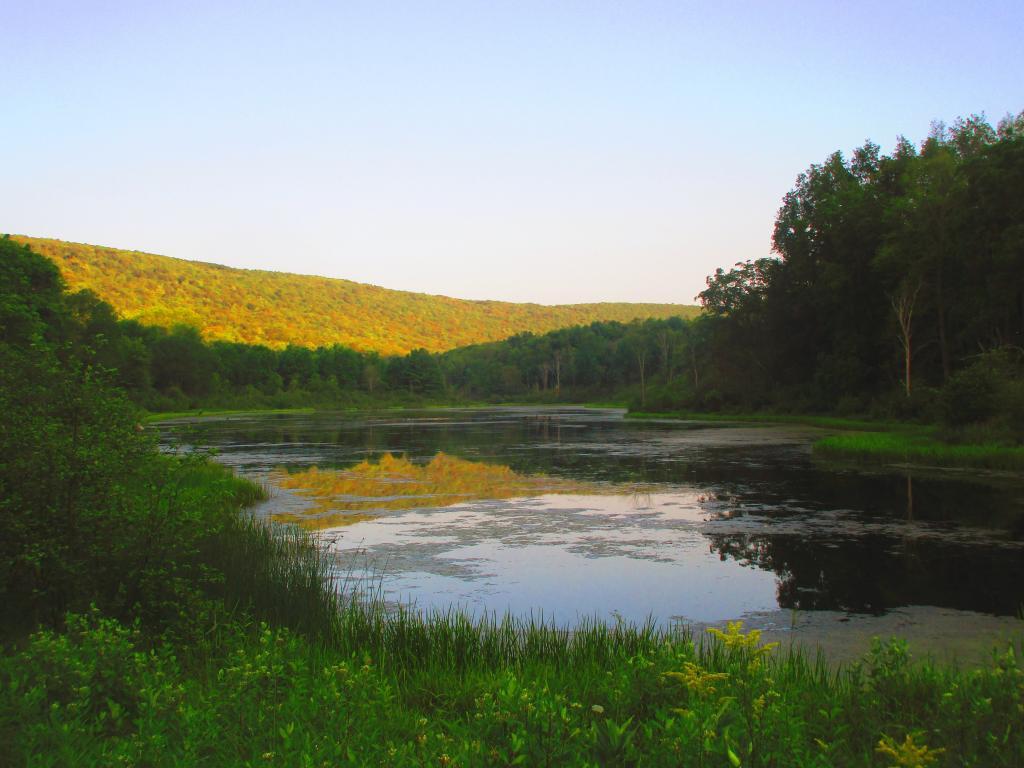I was reading the constitution the other day, and the Forth Amendment peaked my interest. A lot of people have long said that Forth Amendment protects individuals from the right to be searched by government without a search warrant. But that’s not exactly what the text says …
The right of the people to be secure in their persons, houses, papers, and effects, against unreasonable searches and seizures, shall not be violated, and no Warrants shall issue, but upon probable cause, supported by Oath or affirmation, and particularly describing the place to be searched, and the persons or things to be seized.

Maybe the founding fathers were instead implying that the purpose of the constitution was to protect the government from “ unreasonable searches and seizures” by individual citizens. After all, it’s only logical that the government would want to protect its assets from theft from the public. Government property after all belongs to the government, which represents all the people.
Likewise, one could argue that the government felt it necessary to restrict what kind of questions could be asked of it for national security and other purposes. Could “unreasonable searches” refer to public use of Freedom of Information laws? Maybe the founding fathers were just implementing an early standard to limit use of Freedom of Information, to ensure the public only had limited knowledge of what the government’s actual operations were. Maybe a citizen should be required to get a search warrant prior to getting even the most basic information on how government works. This would help protect national security.
After all, we do refer to prosecutors as “the people” in court cases, so there is a reason to believe that the founding fathers were actually referring to the government, and not individuals in drafting the Fourth Amendment. Likewise, maybe the people the Constitution was referring into First Amendment was the government and the government press, and not private citizens. To say nothing of the Second Amendment, etc.
While it seems unlikely that such an intent could be put in a document called the Bill of Rights, it’s really a bit hard to know for sure. Indeed, there are some people who may have some beliefs that the Fourth Amendment is actually a collective right, and only limits the citizen’s access to their government.

Here is what the preamble to the Bill of Rights says:
The Preamble to The Bill of Rights
Congress of the United States begun and held at the City of New-York, on
Wednesday the fourth of March, one thousand seven hundred and eighty nine.
THE Conventions of a number of the States, having at the time of their adopting the Constitution, expressed a desire, in order to prevent misconstruction or abuse of its powers, that further declaratory and restrictive clauses should be added: And as extending the ground of public confidence in the Government, will best ensure the beneficent ends of its institution.
RESOLVED by the Senate and House of Representatives of the United States of America, in Congress assembled, two thirds of both Houses concurring, that the following Articles be proposed to the Legislatures of the several States, as amendments to the Constitution of the United States, all, or any of which Articles, when ratified by three fourths of the said Legislatures, to be valid to all intents and purposes, as part of the said Constitution; viz.
ARTICLES in addition to, and Amendment of the Constitution of the United States of America, proposed by Congress, and ratified by the Legislatures of the several States, pursuant to the fifth Article of the original Constitution.
Still, people are free to believe what they believe about the Constitution. Ultimately though, the Courts, especially the Supreme Court will decide what the document really means.
 Federal Spending: Where Does the Money Go.
Federal Spending: Where Does the Money Go.




